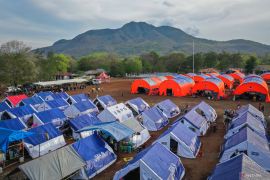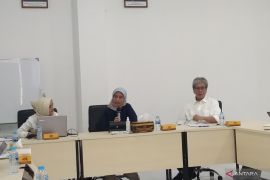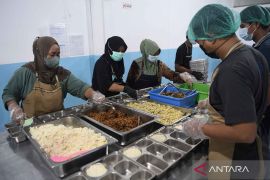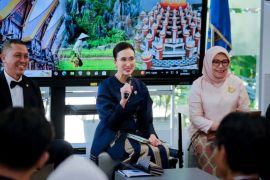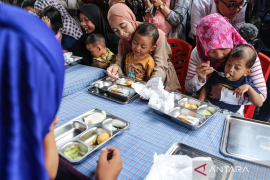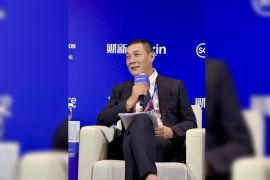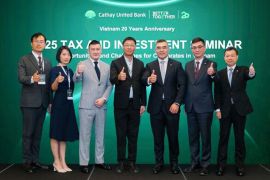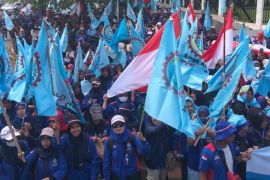These cards will allow the underprivileged sections of society to access facilities in the health, education and family welfare sectors.
"These efforts must be expedited because the government needs to provide protection to the people who have no resilience at a time of global economic slowdown," President Joko Widodo said while opening the limited cabinet meeting at his Presidential Office here on Wednesday.
The head of state asked Coordinating Minister for Human Development and Culture Puan Maharani to expedite the process to validate the card recipients data. He also asked the chief minister to update the data regarding Indonesia Smart Cards, Indonesia Health Cards and Family Welfare Cards.
"I have asked the Coordinating Minister (Puan Maharani) to continue carrying out the validation process so that the cards can be completed and distributed soon," the President said.
He said the data about card recipients should be prepared in such a way so that the rightful recipients are able to receive these cards.
Vice President Jusuf Kalla had recently said in New York that Indonesia was fully committed to adopting sustainable development policy and has implemented it through social welfare cards to give the marginalized sections access to health and education.
"Indonesia fully subsidizes the Healthy Indonesia Card and Smart Indonesia Card for the underprivileged community to allow them to access health services and education," Jusuf Kalla said during his speech at the UN Headquarters.
Kalla was accompanied by Coordinating Minister for Human Development and Culture Puan Maharani, Foreign Affairs Minister Retno Marsudi and Health Minister Yunita.
The Indonesian government has mainstreamed the post-2015 Agenda into its national development planning, Kalla remarked.
The new Agenda demands a strong and inclusive global partnership to support the means of implementation, while taking into account national circumstances and development priorities.
He also said the lessons learned from the Millennium Goals have shown that despite the progress made, inequality among and within countries and poverty remained the main global challenges.
New challenges have appeared, including energy inequality, infrastructure gaps, unsustainable consumption, limitation in production and climate change.
Rising conflicts have also set many countries back in their development achievements. With that in mind, he said, the 2015 Agenda remained unfinished.
Indonesia has surpassed the goal of halving the percentage of population living in poverty and is on track to reducing the prevalence of underweight children and child mortality below age 5 and increasing primary education enrollment.(*)
Editor: Heru Purwanto
Copyright © ANTARA 2015
